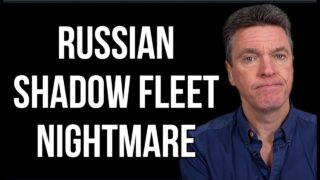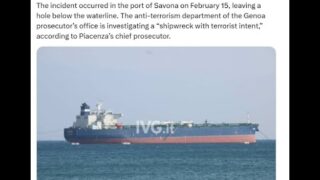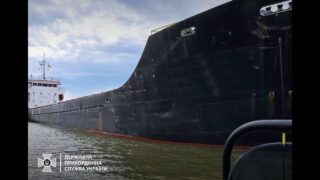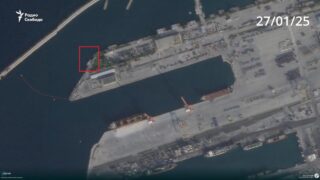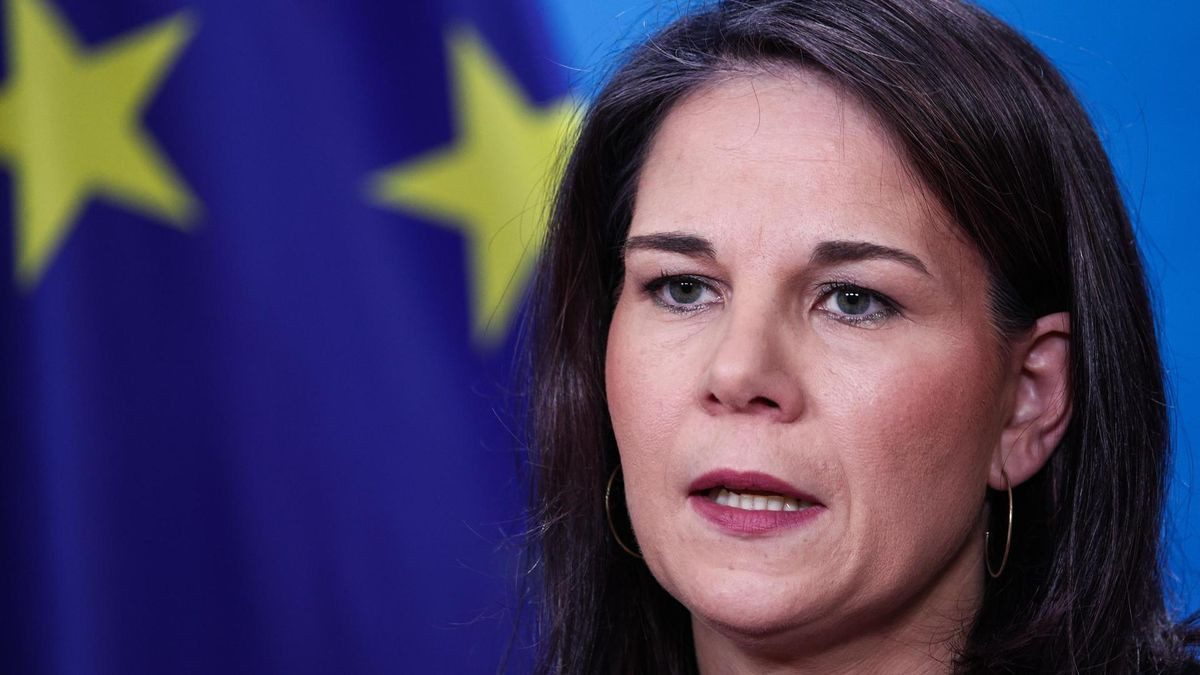
German FM calls for more Russian shadow fleet sanctions after Baltic cable damage
German Foreign Minister Annalena Baerbock has called for new sanctions against Russia’s shadow fleet following the latest incident involving damage to undersea infrastructure in the Baltic Sea, WAZ reports.
The Russian shadow fleet, created to bypass EU and G7 sanctions, comprises mostly aging tankers and cargo vessels. Russia uses these ships to deliver oil to customers like India and employs gray schemes, such as transferring oil between tankers to obscure its origin.
Baerbock told the publication:
“Ships are currently damaging important undersea cables in the Baltic Sea almost monthly. It’s more than difficult to still believe in coincidences. This is an urgent wake-up call for all of us.” She emphasized that undersea cables are “the communication arteries that hold our world together.”
Finnish authorities have detained the oil tanker Eagle S, flying the Cook Islands flag, following its departure from Russia and damage to the Estlink 2 power cable connecting Estonia and Finland on Christmas Day while moving over the cable. Officials suspect sabotage, indicating the vessel’s one missing anchor may have caused the damage.
Baltic Sea nations have been on high alert following multiple incidents involving power cables, gas pipelines, and telecommunications connections. In a related incident last month, Swedish investigators examined a Chinese vessel as part of their investigation into the severing of two fiber-optic cables in the Baltic Sea.
According to EU data, the vessel belongs to Russia’s shadow fleet, which Baerbock described as “a major threat to our environment and security.” The minister noted that over 50 ships had been subject to European sanctions by mid-December 2024, calling for “further EU sanctions against the shadow fleet.”
Baerbock warned that European security faces threats not only from Russia’s war in Ukraine but also from “hybrid threats by malicious actors.” She called for increased investment in national protection measures and enhanced NATO-EU cooperation.
“We are currently consulting with our NATO partners on how to better secure the Baltic Sea against hybrid threats,” she said.
Related:




